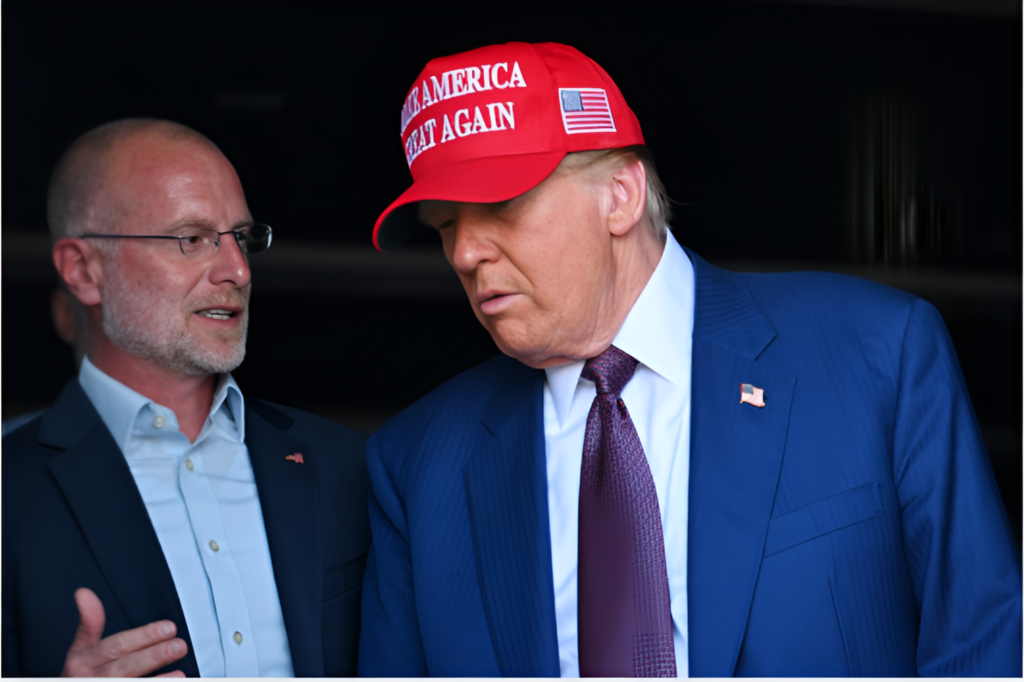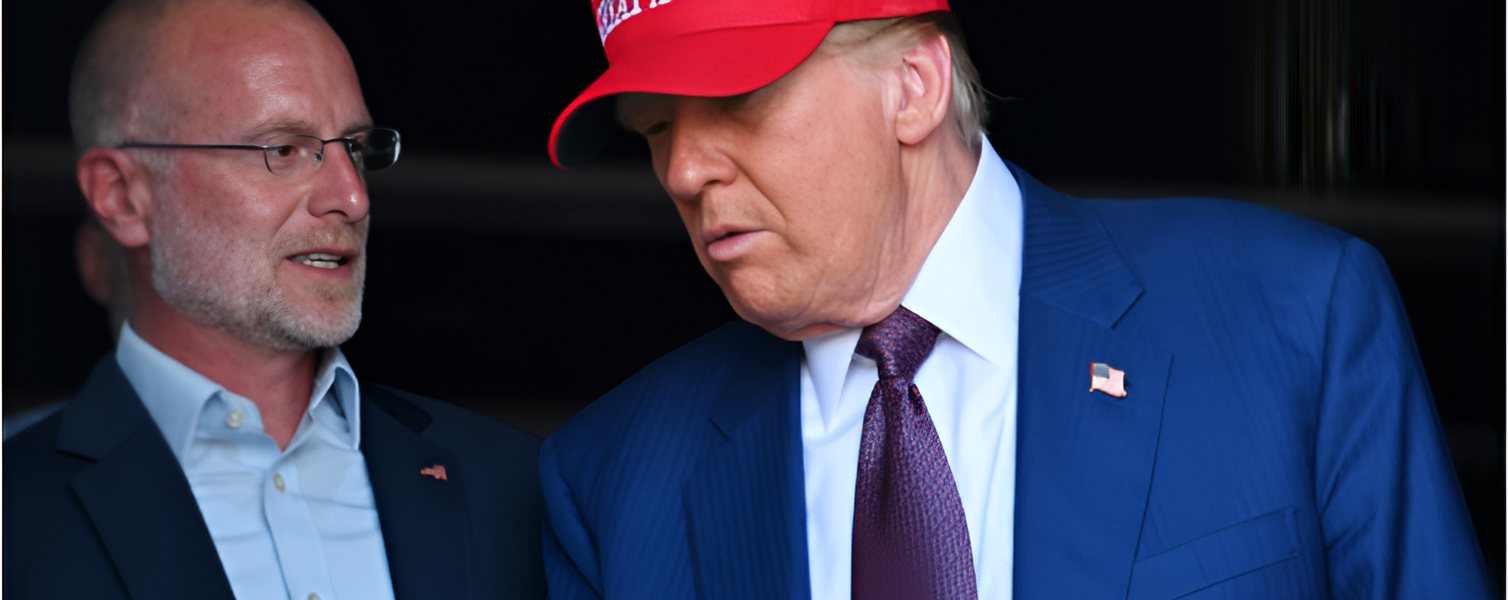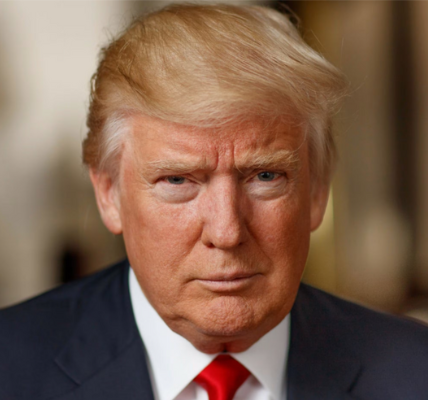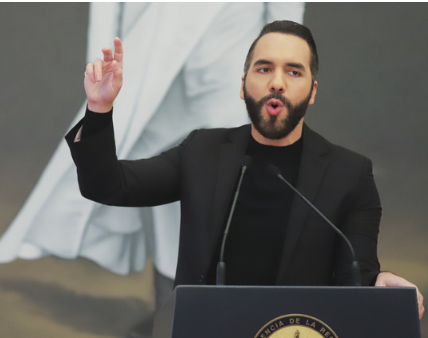
In a recent report by The Washington Post, NewsGuard—a company that evaluates the reliability of news sources—was thrust into the crosshairs of incoming Trump administration regulators and far-right members of Congress. The accusation? That NewsGuard, and by extension its journalists, is part of a so-called “left-wing conspiracy” aimed at censoring conservative media. These claims have escalated into threats of regulatory action from the incoming chairs of the Federal Communications Commission (FCC) and the Federal Trade Commission (FTC).
NewsGuard’s mission is straightforward: to rate news websites based on apolitical journalistic criteria, such as accuracy, transparent correction policies, and honest headlines. These ratings, ranging from 0 to 100, are designed to help advertisers and consumers navigate the complex digital media landscape. Advertisers use these scores to ensure their brands aren’t associated with false information or harmful content. Meanwhile, individuals can access the ratings via a browser extension, enabling them to make informed decisions about the reliability of the articles and platforms they encounter.
Fact vs. Fiction
Contrary to allegations, NewsGuard’s ratings are not partisan. For example, health hoax sites that falsely claimed baseball legend Hank Aaron died from a COVID-19 vaccine lost points for spreading demonstrably false information. Similarly, Russian disinformation about Ukrainian President Volodymyr Zelenskyy allegedly misusing U.S. funds for luxury shopping sprees also resulted in downgraded ratings. And when Vice President Kamala Harris inaccurately claimed Republicans’ Project 2025 proposed cuts to Social Security, the source of that false claim faced consequences in its rating.
These judgments are rooted in fact, not ideology. There’s no “liberal” or “conservative” way to ensure accuracy or correct errors transparently. NewsGuard’s criteria are designed to evaluate professional journalistic practices—standards that transcend politics.
The Threat of Government Overreach
While defending journalistic standards is a professional obligation, being forced to do so in the face of government scrutiny is a chilling prospect. The principle that government should not interfere in journalism is a cornerstone of democracy. Yet, NewsGuard has found itself responding to baseless accusations from officials who have no jurisdiction over its work.
When FCC Chair Brendan Carr labeled NewsGuard “Orwellian” and accused it of acting as the “Internet arbiter of truth,” it wasn’t just an attack on one company—it was an assault on the very idea of journalistic independence. The First Amendment guarantees freedom from government interference in content creation and dissemination. Allowing regulators to intimidate journalists sets a dangerous precedent that threatens this core American value.
A Reluctant Defense
In an ideal world, NewsGuard would never have to defend its integrity to government officials. Yet, when faced with regulatory threats, the organization felt compelled to comply with congressional information requests and respond to accusations. This included writing detailed letters outlining the apolitical nature of its work and even referencing the conservative credentials of its co-founder, Gordon Crovitz, a former Wall Street Journal publisher and Federalist Society member.
As someone who has covered both liberal and conservative targets throughout my career, I found myself reluctantly recounting past work to prove my impartiality—such as my role in publishing early stories about the Paula Jones sexual harassment case that ultimately led to President Clinton’s impeachment. These concessions felt like a betrayal of the journalistic principles I hold dear.
The Role of the Press in a Free Society
Journalists should be held accountable by their readers—not by government officials wielding political agendas. Transparency, fairness, and accuracy are the metrics by which journalism should be judged. If NewsGuard or any other organization fails to meet these standards, the marketplace will deliver its verdict. But government officials have no right to interfere with or regulate the press, regardless of their personal or political grievances.
The threats against NewsGuard, spurred in part by far-right outlets like OANN and Newsmax, highlight a troubling dynamic. These outlets, dissatisfied with their low ratings, have weaponized government power to harass their critics. NewsGuard has become a scapegoat in a larger battle over the role of journalism in a deeply polarized society.
Standing Firm
Looking back, perhaps we should have taken the advice of the late legal icon Ted Olson, who once advised us to “tell the committee to pound sand.” He warned against “feeding the shark and hoping it goes away.” Olson’s belief in the sanctity of the First Amendment reminds us that journalism’s independence must be defended at all costs.
The role of the press is to seek truth and hold power accountable—not to grovel before it. NewsGuard’s work, grounded in transparency and impartiality, serves as a critical tool in combating misinformation. But as journalists, we must also resist any effort to undermine our independence, no matter the source.
The First Amendment guarantees that journalism can thrive without fear of government retribution. Upholding that principle is not just a defense of NewsGuard but a defense of democracy itself.





